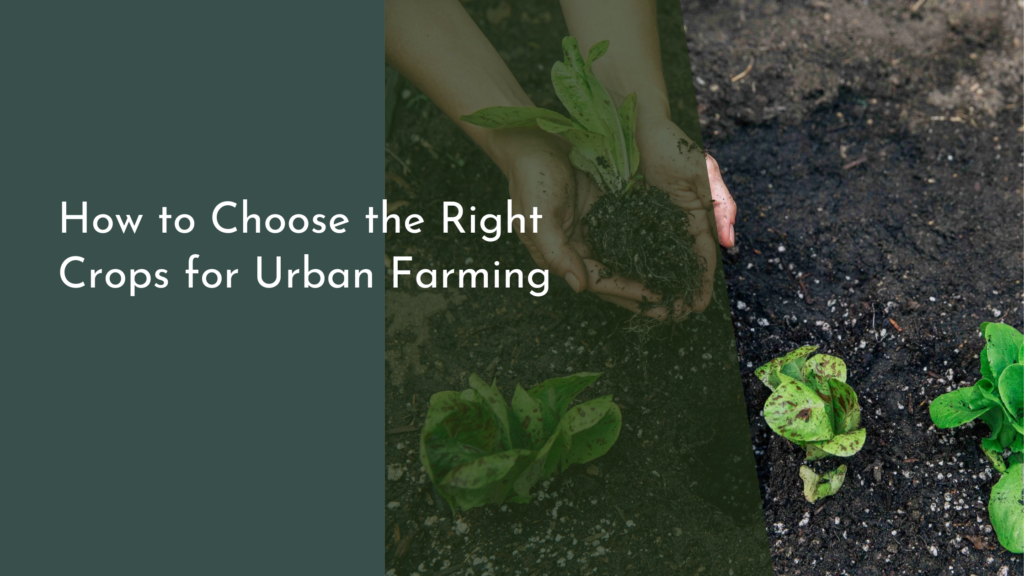Techniques for Composting in Permaculture
Composting is a vital practice in permaculture that transforms kitchen scraps and yard waste into nutrient-rich soil. For those passionate about sustainability, composting not only reduces waste but also enriches the garden, creating a harmonious ecosystem. By harnessing natural processes, composting allows you to nurture plants while giving back to the Earth. Whether you are a seasoned gardener or a beginner, discovering the joys of composting can elevate your gardening experience, making it both fruitful and fulfilling.
In this article, we will explore essential techniques for effective composting success, methods for boosting soil health, and fun tips to enhance your composting experience. Get ready to dive into the world of composting, a practice that is not only beneficial for your garden but also for the environment!
Discover the Joy of Composting in Your Permaculture Garden
Composting in a permaculture garden is an exciting journey that invites you to connect with nature in a meaningful way. As you build your compost pile, you’re participating in a natural recycling process that turns organic waste into valuable fertilizer. Not only does this process minimize landfill waste, but it also encourages the growth of beneficial microorganisms that help your plants thrive. It’s gratifying to see scraps from your kitchen transform into rich compost, which can then be used to nourish your garden and enhance biodiversity.
Moreover, composting fosters a sense of community and self-sufficiency. As you share the fruits of your labor with friends, family, or fellow gardeners, you create a network of support that encourages sustainable practices. The joy of composting is not just in the act itself but in the shared knowledge and experiences that permeate the permaculture community. You’ll find that sharing tips, successes, and even composting challenges can deepen your connections with others who are equally passionate about sustainable living.
Essential Techniques for Effective Composting Success
To achieve effective composting, it’s essential to understand the balance of materials in your compost pile. A well-rounded compost system typically consists of green materials (rich in nitrogen) like kitchen scraps, grass clippings, and green leaves, paired with brown materials (rich in carbon) such as dried leaves, straw, and cardboard. Maintaining this balance will help accelerate the decomposition process. Aim for a ratio of approximately three parts brown materials to one part green materials to create an ideal environment for microbes to thrive.
Another crucial technique is aeration. Turning your compost pile every few weeks allows oxygen to circulate, promoting aerobic decomposition and minimizing unpleasant odors. This also helps break down materials more evenly, resulting in a faster composting process. Additionally, consider the size of your compost pile; a pile that is too small may not generate enough heat, while a pile that is too large can become unwieldy. A compost pile that is about 3 feet wide and 3 feet tall is often optimal for efficient decomposition.
Boosting Your Soil Health with Composting Methods
Composting is an excellent way to boost your soil health and fertility. The finished compost acts as a natural fertilizer, enriching the soil with essential nutrients and improving its structure. When you incorporate compost into your garden beds, you increase the soil’s ability to retain moisture, which is especially beneficial during dry spells. Furthermore, the organic matter in compost fosters a thriving ecosystem of beneficial microbes, earthworms, and other organisms that contribute to a healthy soil biome.
In addition to traditional composting methods, consider exploring vermiculture or worm composting for an accelerated nutrient-rich soil amendment. Worms break down organic matter more rapidly while producing castings that are incredibly rich in nutrients. This method is particularly great for those with limited space, as it can be done in small bins indoors or on balconies. By utilizing diverse composting methods, you provide your plants with a broad spectrum of nutrients, ensuring robust growth and vitality.
Fun Tips to Enhance Your Composting Experience Today!
To make composting even more enjoyable, get creative with your composting system! Personalize your compost bin with decorations or labels that help you remember what materials belong where. Involving your family or children in the composting process can also turn it into a fun educational activity. Kids will love hunting for kitchen scraps and learning about the importance of recycling organic waste, fostering a sense of responsibility towards the environment.
Additionally, consider starting a composting journal to track your composting journey. Document the materials you use, the time it takes for decomposition, and any unique challenges you face. This not only helps you learn and improve your composting techniques but can also inspire others. Sharing your experiences, tips, and even photos of your composting successes on social media can create a sense of camaraderie with fellow gardeners and inspire them to join you in this rewarding endeavor!
Composting is a delightful aspect of permaculture that brings numerous benefits to both your garden and the environment. By employing effective techniques, boosting soil health, and injecting creativity into the process, you can enhance your gardening experience while contributing to a sustainable future. So, roll up your sleeves, gather those kitchen scraps, and dive into the world of composting today! Remember, each handful of compost is a step towards a greener planet, and the joy you find in this practice will undoubtedly reflect in the thriving plants of your garden. Happy composting!

